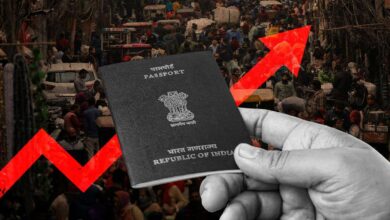RBI Paper Reveals Insights on Inflation and Personal Consumption

RBI Paper Reveals Insights on Inflation and Personal Consumption
The second quarter of 2023 saw the global economy continue to develop, according to the report, despite two different growth paths.
Inflation is an economic phenomenon that has far-reaching implications for individuals, businesses, and the overall health of an economy. Over time, inflation causes the prices of goods and services to rise steadily. This can hurt people’s purchasing power and private investments, ultimately hindering economic growth.
According to a Reserve Bank report released on Friday, inflation is slowing down personal consumption spending, slowing down company sales and deterring private investment in capacity building.
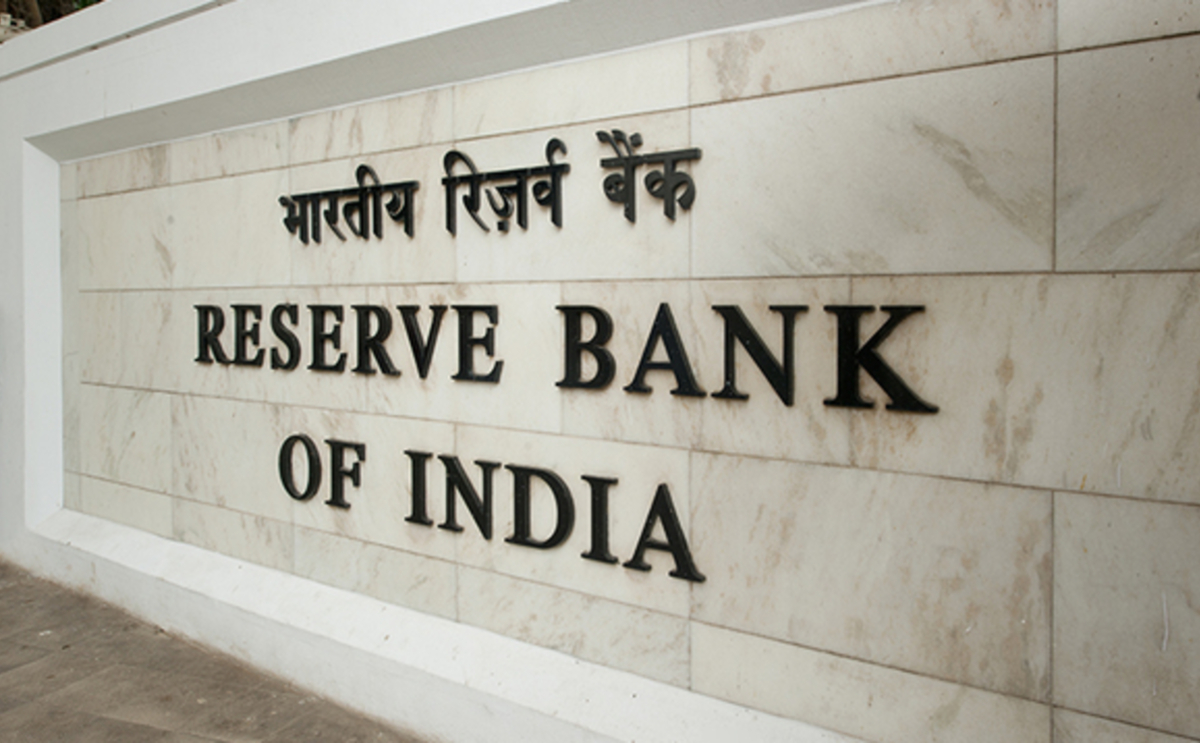
The document, written by a group under the direction of RBI Deputy Governor Michael Debabrata Patra, emphasized the need to bring inflation down to increase corporate profits and consumer expenditure.
A recent paper published by the Reserve Bank of India (RBI) sheds light on the relationship between inflation, personal consumption, and private investment, highlighting the challenges individuals and businesses face in such an environment.
Inflation erodes the purchasing power of money, reducing the number of goods and services individuals can buy with their income. As prices rise, consumers may feel compelled to cut back on discretionary spending, leading to a decrease in personal consumption. The RBI paper reveals that when inflation rates are high and unpredictable, individuals tend to delay their purchasing decisions, preferring to save or invest their money rather than spend it immediately.

Consumer pricing index (CPI)-based retail inflation, which stayed over 5% in 2022–2023, is currently in fall and reached a two-year low of 4.25 per cent in May due to RBI’s monetary policy moves and government initiatives.
When viewed together, recent national account statistics and business results unambiguously demonstrate that inflation is holding down consumer consumption expenditures. According to the most recent RBI bulletin item, this is slowing corporate sales and deterring private investment in capacity expansion.
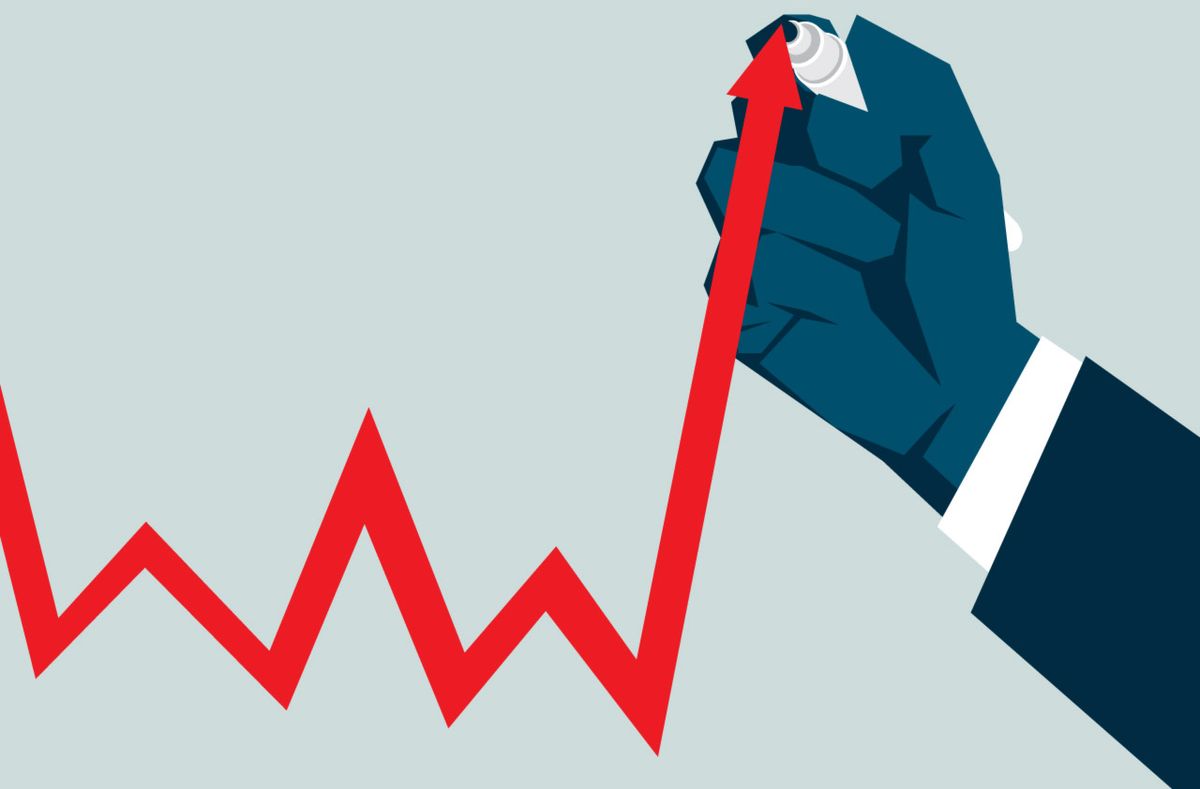
Moreover, high inflation can create uncertainty among consumers about future price levels, discouraging spending. As a result, sectors heavily reliant on personal consumption, such as retail, hospitality, and leisure, experience a decline in demand, negatively impacting their profitability and growth prospects.
However, the Reserve Bank of India asserted that the opinions stated in the journal articles are those of the writers and do not reflect the institution’s views.
The ‘State of the Economy‘ article emphasized that decreasing inflation and stabilizing inflation expectations will enhance corporate profits and revenues, the most substantial incentive for private capital expenditures.
The report also stated that, despite two divergent tracks, the global economy continued to develop in the second quarter of 2023.
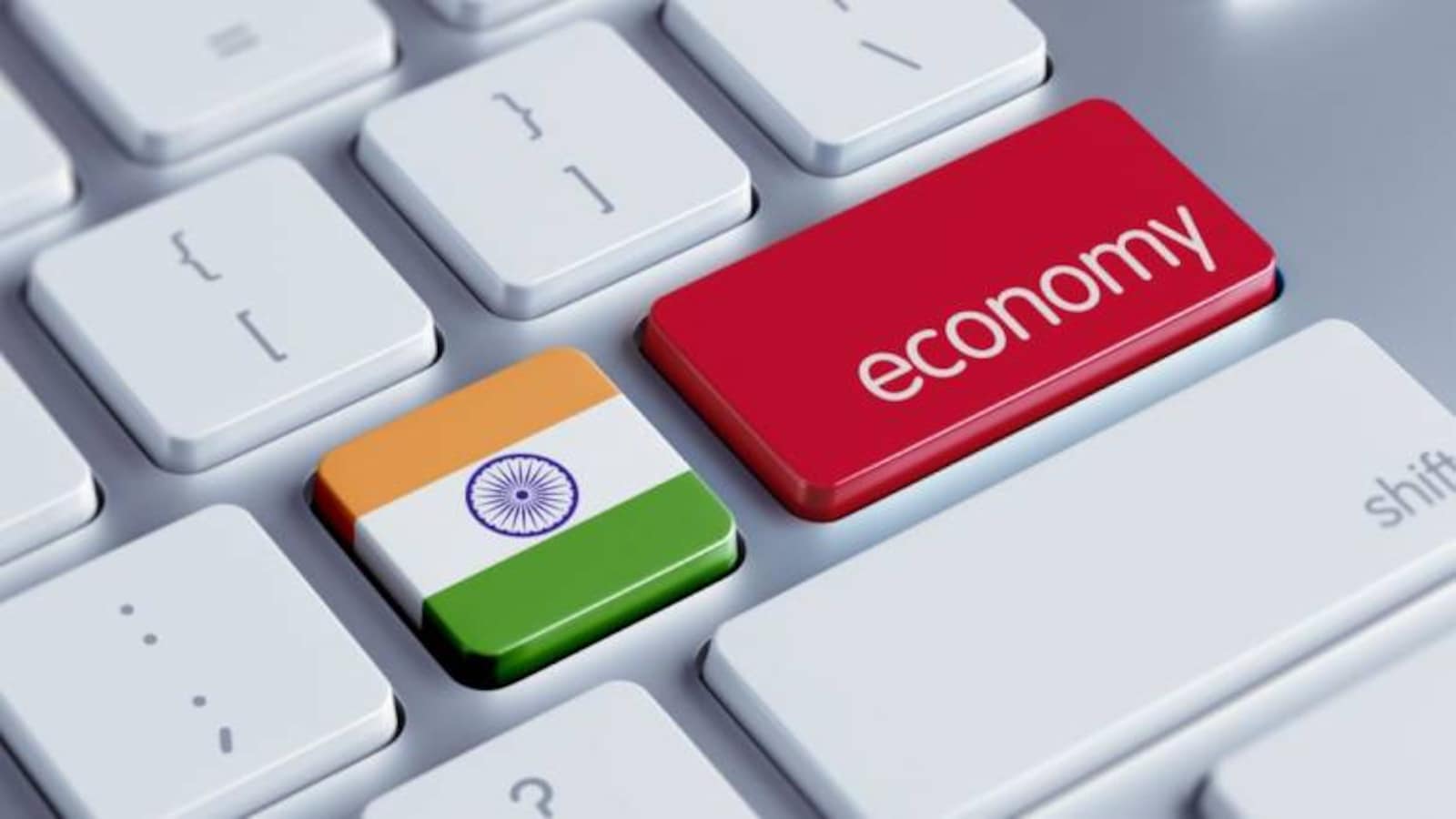
Private investment, a critical driver of economic growth, is also significantly affected by inflation. The RBI paper highlights that businesses face higher input costs, including raw materials, labour, and financing, when inflation rates rise. Consequently, companies may delay or scale back their investment plans, leading to a decline in capital expenditure.
Additionally, inflation can create an environment of uncertainty and reduce investor confidence. Faced with rising costs and an unstable economic outlook, businesses may prefer to hold on to their capital rather than risk investing in new projects or expanding existing ones. This cautious investment approach can hamper innovation, job creation, and economic productivity.
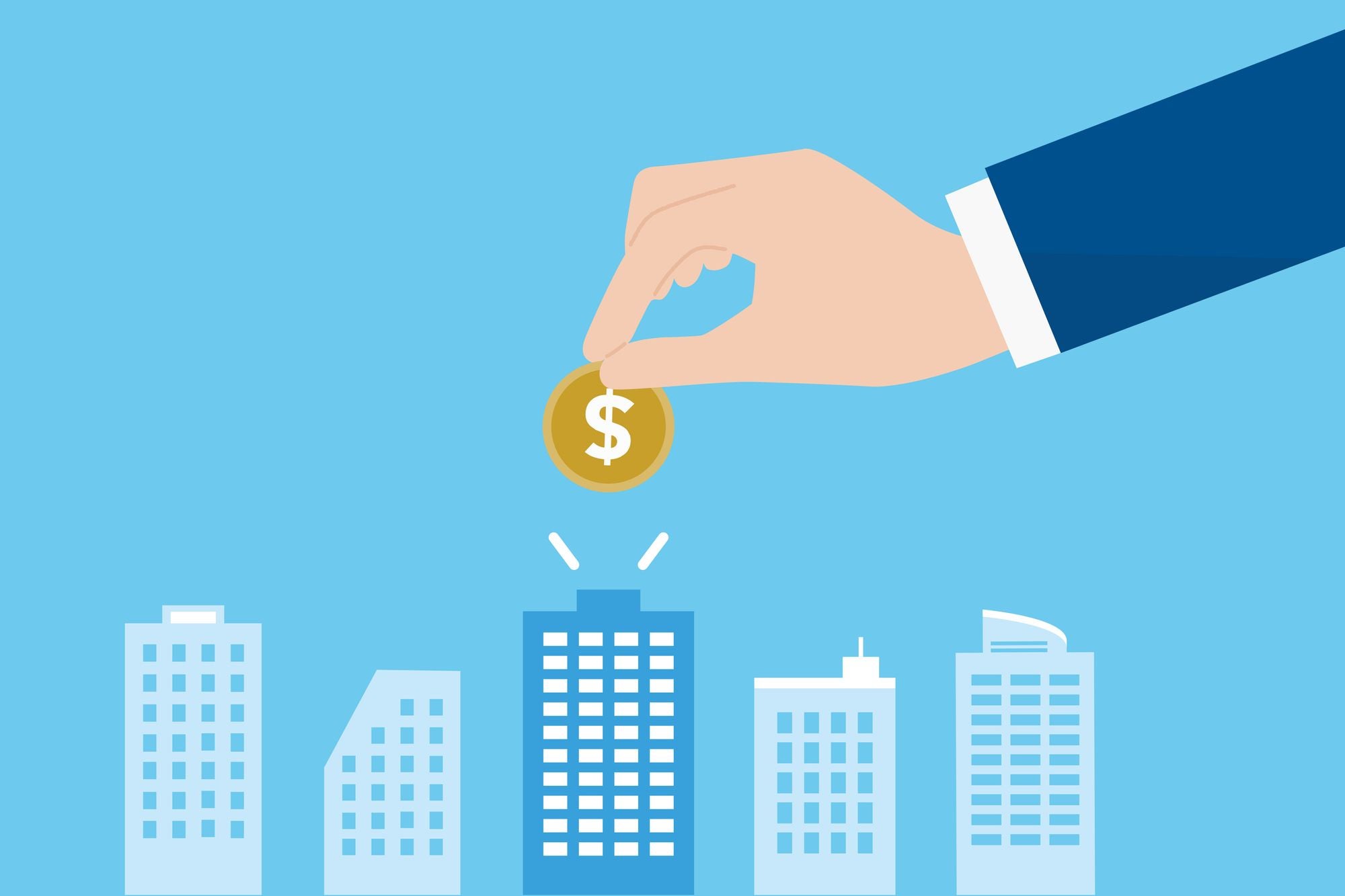
The RBI is vital in managing inflation through its monetary policy tools. The primary goals of the central bank are to ensure price stability and encourage sustainable economic growth. In light of the findings from the RBI paper, it becomes crucial for the central bank to formulate policies that address the challenges posed by high inflation on personal consumption and private investment.
To mitigate the impact of inflation on personal consumption, the RBI may focus on maintaining a low and stable inflation environment by adjusting key interest rates, such as the repo rate. The central bank can encourage consumer spending and stimulate economic activity by keeping borrowing costs in check.
To revive private investment, the RBI can adopt measures to enhance investor confidence. This can include maintaining transparent and predictable monetary policies, ensuring access to affordable credit for businesses, and facilitating an enabling environment for investment through regulatory reforms.
Inflation’s adverse effects on personal consumption and private investment can significantly hinder economic growth and development. The RBI paper provides valuable insights into the complex relationship between inflation, personal consumption, and private investment, emphasizing the need for appropriate policy measures to address these challenges.
By maintaining price stability, enhancing consumer confidence, and promoting a favourable investment climate, the RBI can contribute to a more resilient and prosperous economy. Policymakers should keep a close eye on inflation and take appropriate measures to minimize its adverse effects on personal spending and private investments. By doing so, they can promote stable economic growth that benefits everyone involved.



